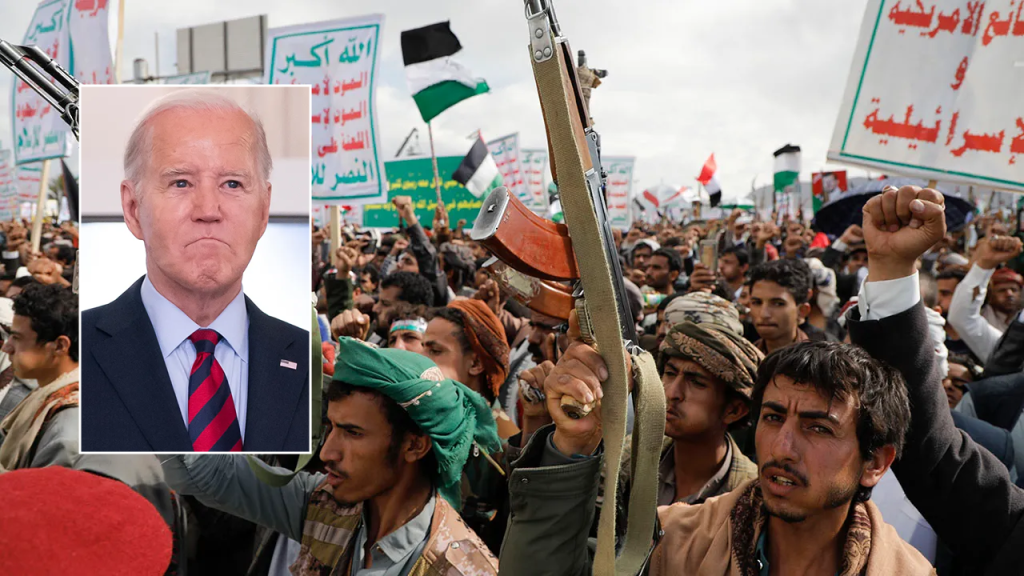Senator Tom Cotton criticized the Biden administration’s offer to reverse the designation of the Houthis as a Specially Designated Global Terrorist group in exchange for ending attacks on Red Sea shipping vessels. He called this potential appeasement of terrorist behavior a new low for the Biden foreign policy team. However, U.S. Special Envoy to Yemen Timothy Lenderking emphasized the importance of finding diplomatic solutions to de-escalate tensions and eventually lifting the designation, while stressing the need for a peaceful resolution rather than a military one. This approach is supported by a consensus among key international players, including Russia, China, France, and the U.K.
Despite the slow pace of attacks from the Houthis, a top Air Force commander for the Middle East noted that the group may be depleting their supply of drone swarms and anti-ship ballistic missiles. The State Department defended the decision to maintain the SDGT designation, citing its role in pressuring the Houthis and denying them the resources needed for terrorist activities, including missile and drone attacks on international shipping. This is seen as a way to maximize deterrence while minimizing the impact on vulnerable Yemeni civilians. The goal of the sanctions is to encourage the Houthis to de-escalate and change their behavior.
The Biden administration had initially reversed the designation of the Houthis as a foreign terrorist organization due to the humanitarian crisis in Yemen. However, after continued attacks on shipping vessels in the Red Sea and the Gulf of Aden, the administration relisted the group as an SDGT. The U.S. and the U.K. have condemned these attacks as acts of terrorism and violations of international law that threaten global commerce and humanitarian assistance. The Treasury Department’s Office of Foreign Assets Control provided counterterrorism general licenses following the change in the Houthis’ status, which some experts criticized as a way to legitimize the group without the maximal pressure of an FTO designation.
Former National Security Council official Richard Goldberg accused the Biden administration of engaging in a bait and switch tactic by avoiding the FTO designation in favor of the SDGT status. He argued that the administration aims to legitimize the Houthis enough to include them in Yemen’s governing structure. This strategy of issuing OFAC licenses to mitigate the impact of the SDGT designation is seen as a way to avoid putting maximum pressure on the group. The administration’s decision-making process regarding the designation of the Houthis has raised concerns about the effectiveness of the current approach in addressing the conflict in Yemen.
In response to criticisms from lawmakers and experts, the State Department emphasized that the SDGT designation is currently the most appropriate tool to pressure the Houthis and prevent their terrorist activities. The department reiterated its commitment to monitoring the situation and evaluating the group’s actions to inform future decisions. As the conflict in Yemen continues to escalate, finding a balance between diplomatic solutions and deterrence measures remains a key challenge for the Biden administration and its allies in the international community. The ultimate goal is to achieve long-term stability and peace in the region while protecting the interests of all parties involved.


